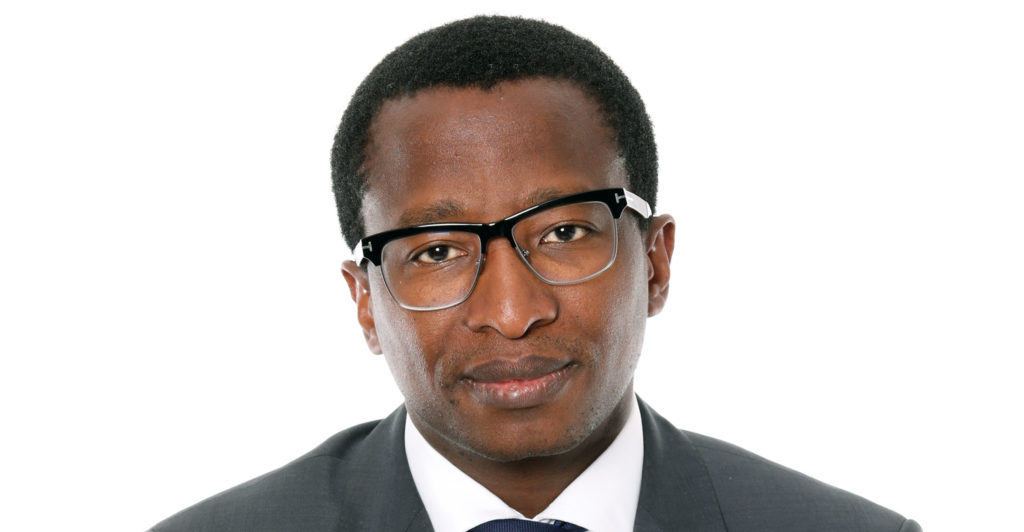Vodacom’s agreement with Liquid Telecom to roll out a national 5G network using the latter’s spectrum in the 3.5GHz band will entrench the dominance of the country’s biggest mobile operator to the detriment of smaller players and consumers, Telkom warned on Wednesday.
In a wide-ranging interview with TechCentral — watch the video above — Telkom group executive for regulation Siyabonga Mahlangu said if Vodacom and Liquid are allowed to go ahead with their deal, it will preclude other operators from getting access to sufficient spectrum at 3.5GHz. Icasa, he said, must therefore scrutinise the arrangement to ascertain its impact on the market.
The 3.5GHz band is seen as one of the best for the roll-out of next-generation 5G networks. Vodacom said this week it plans to leverage the Liquid spectrum through a roaming arrangement to launch commercial 5G services later this year. The deal, though non-exclusive in nature, could put Vodacom in pole position as the race for 5G coverage gets started.
This, Mahlangu said, could distort the 5G market in its infancy and leave smaller players behind before they have had a chance to compete on an equal footing.
He said operators need at least 80-100MHz of contiguous spectrum at 3.5GHz to roll-out a robust and high-quality 5G network. With Liquid’s spectrum tied up, through the Vodacom arrangement, this doesn’t leave enough spectrum in the band for other players. (Telkom has 28MHz of the band.)
Even Vodacom will only be able to launch a “watered-down” version of 5G with the Liquid spectrum, while it awaits further licensing of 5G-suitable spectrum by Icasa, he said. The bigger problem, however, is how Vodacom’s deal with Liquid Telecom pre-empts Icasa’s plan to license spectrum in the band and threatens to tie the regulator’s hands before it has even licensed additional spectrum in the band.
Regulatory scrutiny
“The only business imperative here is to pre-empt the licensing of 3.5GHz. When everyone else comes in, they will be sub-scale. Only Vodacom will have 50MHz-plus. That’s why Icasa should investigate and take a view on these deals,” he said. “They should be subjected to regulatory scrutiny… The Competition Commission and Icasa don’t pay enough attention to these things.”
He said the Liquid/Vodacom deal and similar arrangements – including the one between Vodacom and Rain and MTN and Cell C – are allowing the two biggest market players, namely Vodacom and MTN, to entrench their “duopoly”.
“In fact, it looks like a duopoly, but in the end the effect is of a monopoly. We are seeing coordinated conduct, almost monopoly behaviour by both firms.”

Icasa must “immediately” investigate the “spectrum trading deals” between the big players and smaller operators. “It must then have an informed view that must inform the licensing of spectrum. Secondly, Icasa must complete its mobile broadband inquiry. You cannot put the cart before the horse… If Icasa wants to regulate this market properly, they must complete the inquiry before they license spectrum.”
Mahlangu said Icasa “should have completed its mobile broadband inquiry before embarking into licensing” new spectrum. It should also consider opening other bands adjacent to 3.5GHz that are suitable for 5G. Simply rejigging the spectrum and moving the military out of the 3.4GHz band (which it uses for radar and has apparently signalled a willingness to do) could free up 300MHz of spectrum. “That enough for three strong players … on 5G. These things have not been interrogated.” — © 2020 NewsCentral Media

